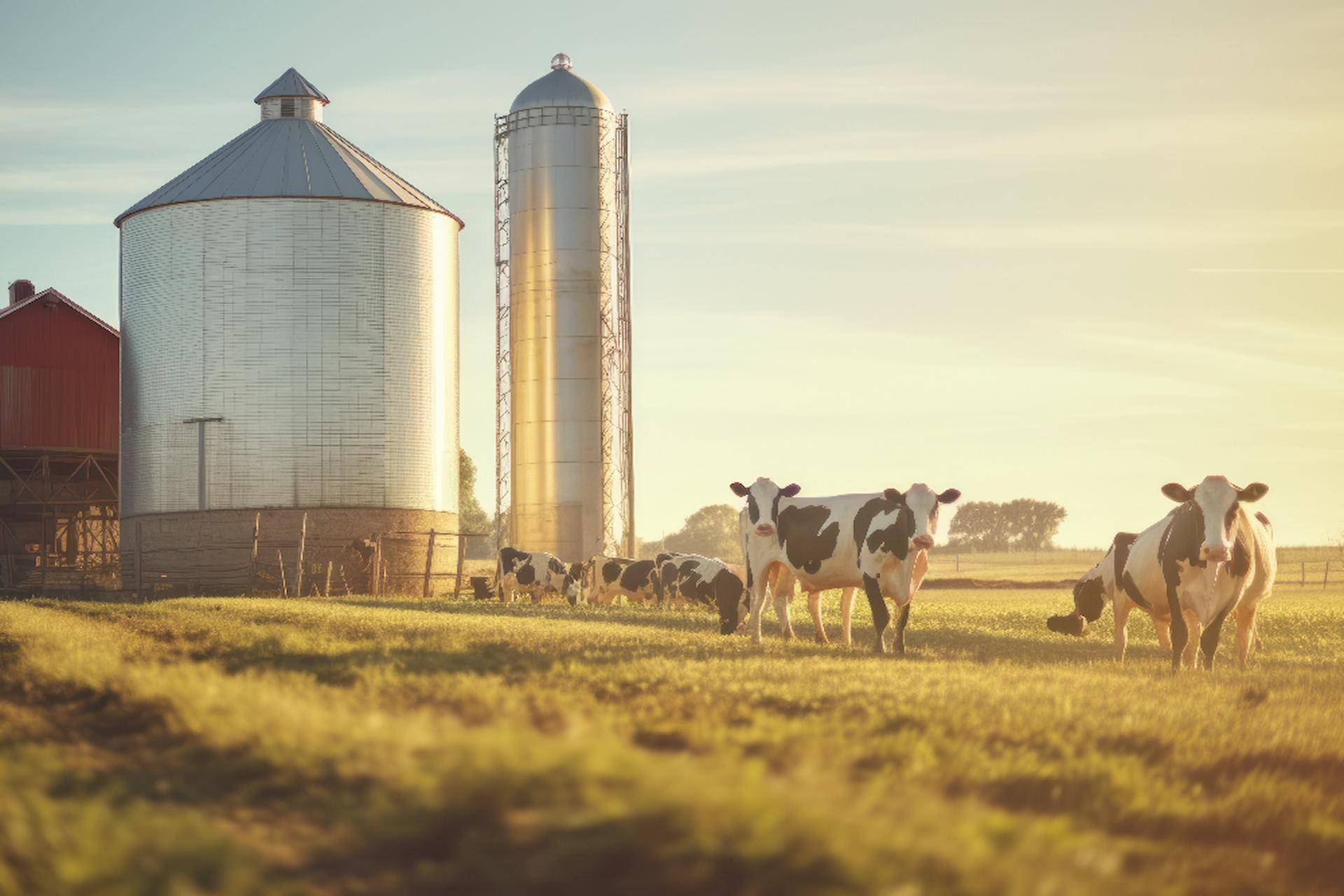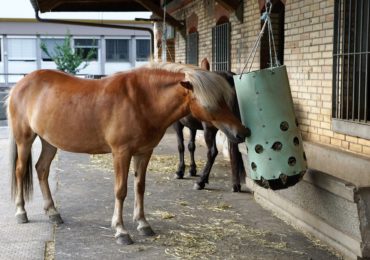 ng high-producing dairy cows healthy and productive requires careful balancing of their diets with the right nutrients. These hard-working ruminants have very specific dietary needs to support their continuous milk production cycle.
ng high-producing dairy cows healthy and productive requires careful balancing of their diets with the right nutrients. These hard-working ruminants have very specific dietary needs to support their continuous milk production cycle.
Energy Sources
The biggest portion of a dairy ration consists of energy-dense feedstuffs that fuel the cow’s basic metabolic functions and milk production. Key sources include:
- Grains (corn, barley, oats, wheat) – Provide starchy carbohydrates that are easily digestible sources of dietary energy. Should partially be fed as dry rolled or steam-flaked grains.
- Forages (hay, haylage, silage) – Fibrous portions from dried grasses, legumes or fermented crops offer structural carbohydrates like cellulose that cows can break down over time.
- Fats/Oils – The people at Energy Feeds International recommend concentrated energy sources that are around 2.25 times more calorie-dense than carbs. Examples are distillers’ grains, soybeans, and bypass fats that resist degradation in the rumen.
Protein
Adequate protein is critical for milk production, reproduction, and general cow health and immune function. Requirements will vary based on the cow’s stage of lactation and pregnancy status. Both rumen degradable and rumen bypass protein sources are important.
Rumen Degradable Protein allows microbes in the rumen to utilize ammonia and amino acids for their own growth and reproduction. Lush alfalfa hay is a great source.
Rumen Undegradable or Bypass Protein resists microbial breakdown and passes directly to the small intestine for absorption by the cow. Sources include animal proteins like fishmeal, blood meal and bypass soybean meal products.
Meeting Protein Requirements
Getting the right amount and ratio of rumen degradable and undegradable protein is crucial for dairy cows. Too little can restrict milk production, while oversupplying protein is costly and puts extra strain on the cow to expel excess nitrogen.
Nutritionists calculate protein requirements based on factors like the cow’s body weight, milk production level, milk protein percentage and stage of pregnancy. For example, a high-producing cow giving around 90 lbs. of milk may require a diet with 16-18% crude protein. Of that protein, around 60-65% should come from rumen undegradable or bypass sources to maximize what reaches the small intestine.
Properly balancing protein fractions, along with proper amounts of energy and effective fiber, allows dairy rations to be formulated for optimal microbial protein synthesis in the rumen as well as metabolizable protein for the cow’s own needs.
Vitamins & Minerals
These micronutrients play vital roles in dairy cow health and performance. Deficiencies can severely affect milk production, growth, fertility, and immune status. Important vitamins include A, D, E, and B-complex. Key minerals are calcium, phosphorus, magnesium, potassium, sodium, chloride, iron, zinc, copper, manganese, selenium, and iodine. Rumen microbes synthesize many vitamins, while others need to be supplemented.
Water
This essential nutrient is often overlooked but extremely important for milk production, regulating body temperature, digesting feed, and overall dairy cow health. High-producing dairy cows can drink over thirty gallons of water per day.
Water needs increase in hot weather and during late pregnancy and peak milk production stages. Having clean, easily accessible drinking water available to cows at all times is crucial.
Feed Additives
Specific dietary supplements can provide an extra boost of nutrition:
- Ionophores (monensin, lasalocid) – Antibiotics that modify rumen fermentation to improve feed efficiency.
- Live yeast and yeast cultures – Help stabilize rumen environment and fiber digestion.
- Buffers (sodium bicarbonate) – Maintain optimal rumen pH levels in high concentrate diets.
- Bovine somatotropin (bST) – Synthetic growth hormone that increases milk production.
Conclusion
Consulting a qualified dairy nutritionist is highly recommended to properly balance rations with the right amounts of energy, protein, vitamins, minerals, additives and fresh drinking water. Staying on top of your herd’s precise nutritional needs through each stage of production will pay off in peak performance and profitability.






